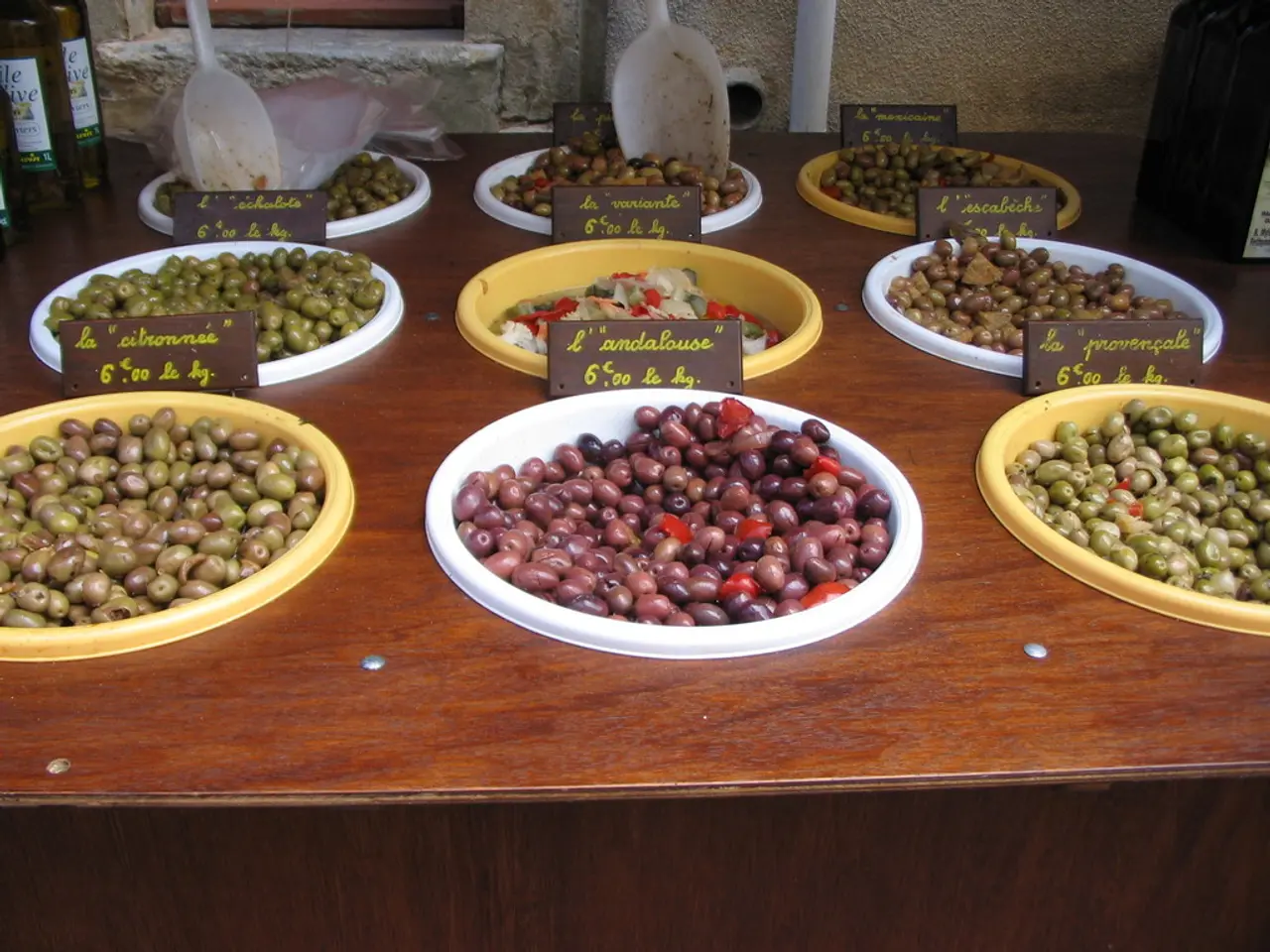Mediterranean & MIND Diets Linked to Younger Brain Age
A new study published in Neurology reveals a significant link between the Mediterranean and MIND diets and brain health. Participants with the highest scores in these diets showed reduced brain plaques and tangles, equivalent to being 12 to 19 years younger than those with the lowest scores.
The Mediterranean diet, with 11 categories scoring from 0 to 35, emphasizes whole grains, fruits, vegetables, legumes, olive oil, fish, and potatoes, while limiting red meat, poultry, and full-fat dairy. Similarly, the MIND diet, with 15 categories scoring from 0 to 15, focuses on green leafy vegetables, other vegetables, nuts, berries, beans, whole grains, fish, poultry, olive oil, and wine, while avoiding red meats, butter, cheese, pastries, and fried foods.
Researchers found that for every one-point increase in the Mediterranean diet score, participants had plaque amounts equivalent to people 4.25 years younger. Those who consumed seven or more servings of green leafy vegetables weekly had brain health akin to people 19 years younger than those who ate the least. The highest MIND diet scorers had plaques and tau tangles similar to individuals 12 years younger than the lowest scorers.
Dr. Adrián Carballo-Casla from the Karolinska Institute, who led the study, suggests adopting these diets to potentially slow down brain aging. Experts recommend incorporating salads into meals and snacking on vegetables and fruits. By embracing these plant-based eating plans, individuals may reduce their risk of Alzheimer's disease and maintain better brain health.







